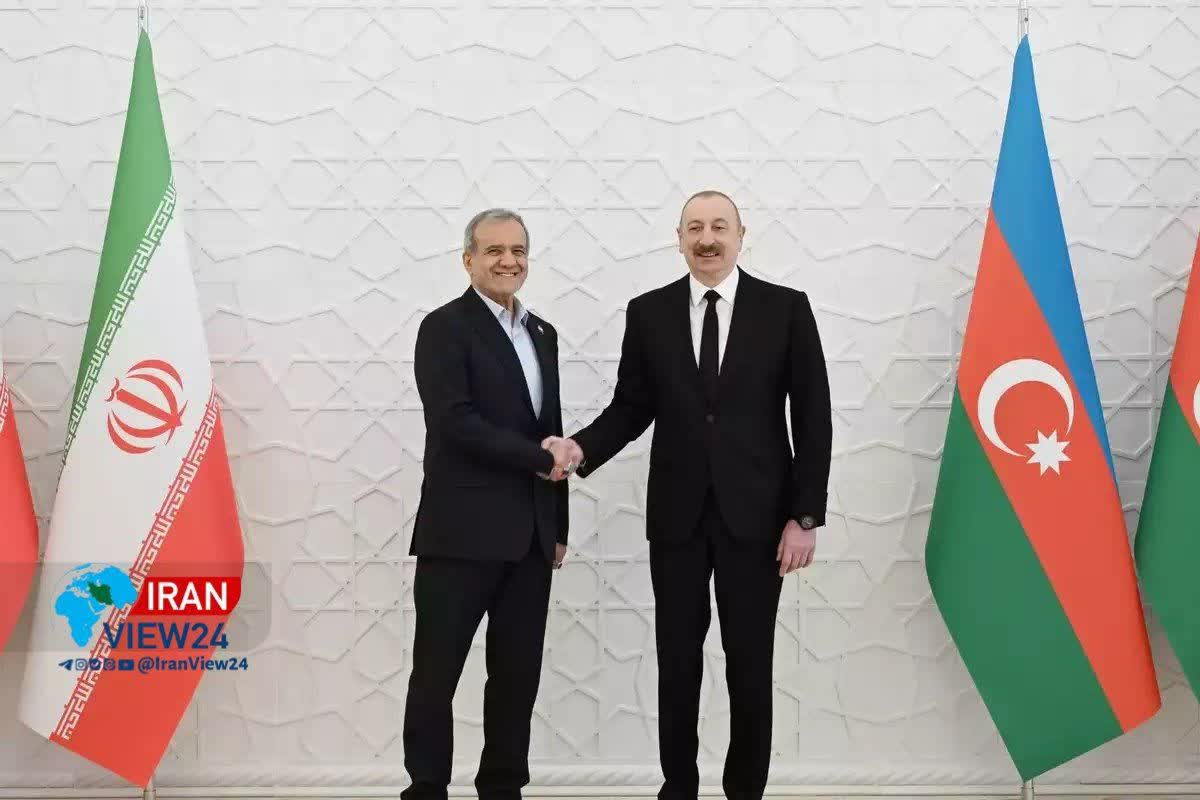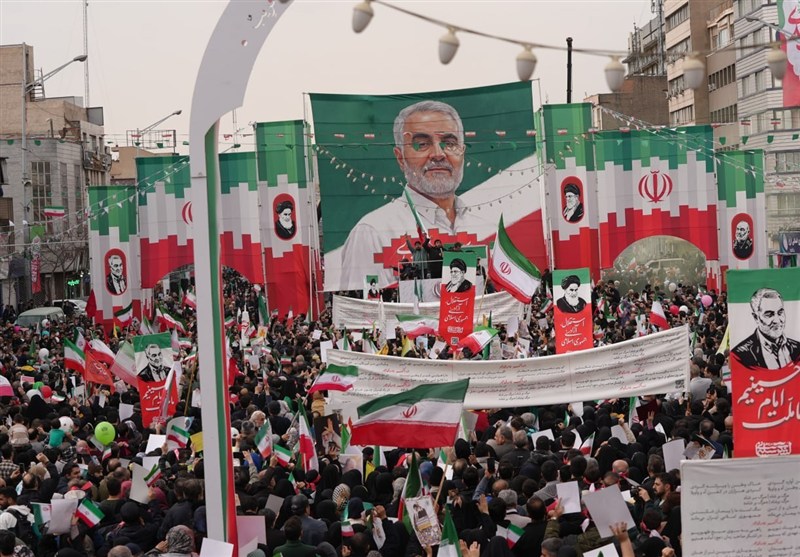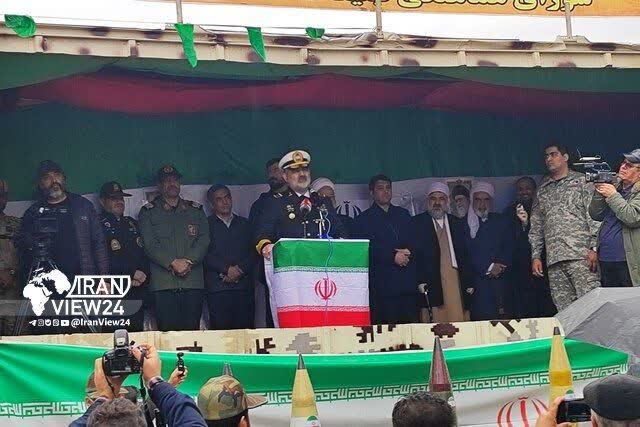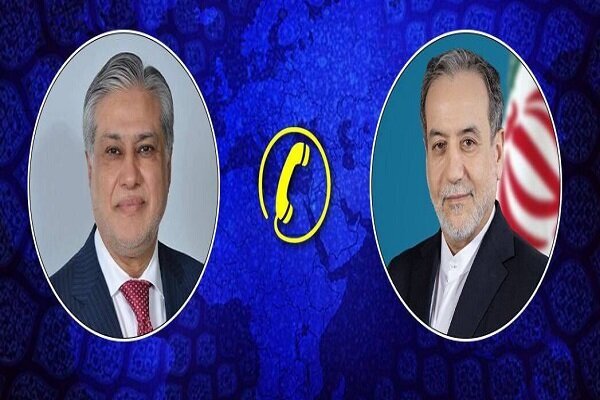Europe, through an official letter to the UN Security Council, pulled a trigger that could roll back all the achievements of nuclear diplomacy; an ambiguous step which, on the one hand, is introduced under the name of preserving the JCPOA, and on the other hand, in practice, more than ever reveals that the real objective is to pressure Iran and deprive Tehran of its legitimate nuclear rights.
Tehran – Iran View24
The three European countries party to the JCPOA—France, the United Kingdom, and Germany—have officially announced to the UN Security Council the initiation of the process to activate the “snapback mechanism” against Iran. This measure, framed within Resolution 2231 and the nuclear agreement (JCPOA), signifies the beginning of a process that, in the absence of a political resolution, could lead to the automatic reinstatement of UN Security Council sanctions, including the arms embargo and missile-related restrictions.
Claim of a 30-Day Window for Diplomacy
According to the Europeans’ statement, a 30-day period has been set aside for negotiations, during which the return of full sanctions might be prevented. European officials claim that the primary goal of this move is to preserve the framework of the nuclear deal and compel Iran to fully comply with its JCPOA commitments.
Iran’s Response: Resistance Against Political Pressure
By contrast, informed Iranian sources have stressed that Tehran considers this measure “illegal, illogical, and contrary to the JCPOA,” and that it will be met with a strong and proportionate reaction. Seyed Abbas Araghchi, the Foreign Minister of Iran, in telephone conversations with the foreign ministers of the three European countries and the EU foreign policy chief, also declared that Iran would deliver an appropriate response to Europe’s attempt to activate the snapback mechanism.
The Islamic Republic of Iran has repeatedly asserted that its reduction of nuclear commitments was carried out within the framework of Articles 26 and 36 of the JCPOA, and as a direct consequence of the United States’ unilateral withdrawal from the agreement and Europe’s inability to fulfill its economic obligations. From Tehran’s perspective, instead of meeting their responsibility to neutralize Washington’s unlawful sanctions, the Europeans are effectively imposing further pressure on Iran.
Legal and Political Dimensions of the Issue
From a legal standpoint, Iran argues that the European countries, having failed to uphold their own JCPOA obligations, have no legitimacy to resort to the snapback mechanism. Moreover, their reliance on Resolution 2231 is questioned, given that the United States—having initiated the crisis by leaving the JCPOA—has been deprived of access to this mechanism, casting serious doubt on the political legitimacy of the Europeans’ move.
From a political perspective, this step comes at a time when Iran’s nuclear facilities have been targeted by aggressive sabotage operations carried out by the U.S. and Israel. Additionally, the region and the world are in dire need of de-escalation and constructive dialogue. Many analysts believe that political and economic pressure will not only fail to revive the JCPOA but will also push Tehran into a stronger and more resistant position.
Iran further maintains that the Europeans’ real objective in triggering the snapback is not the revival of the JCPOA, but rather the deprivation of Tehran’s legitimate and lawful rights in the field of peaceful nuclear technology—a right explicitly recognized in international treaties and within the text of the JCPOA itself.
Possible Consequences
If the activation of the snapback mechanism results in the full return of UN sanctions, it could complicate international cooperation with Iran in defense, economic, and scientific sectors. However, past experience has shown that pressure and sanctions alone are incapable of reviving the agreement, serving only to deepen mistrust and diminish the likelihood of any compromise.
Conclusion
The action taken by the three European countries appears less like a diplomatic initiative to safeguard the JCPOA and more like a response to U.S. pressure and an effort to avoid isolation on the international stage. In contrast, Iran, relying on legal logic and its history of resilience against coercion, has dismissed this move as illegitimate and reaffirmed its determination to resist unilateral impositions.
Ultimately, the future of this case depends heavily on developments in the next 30 days—a period that may either provide an opportunity for returning to the path of dialogue and diplomacy, or, should that effort fail, pave the way for heightened confrontation and a relapse into a tense, sanctions-driven environment.






